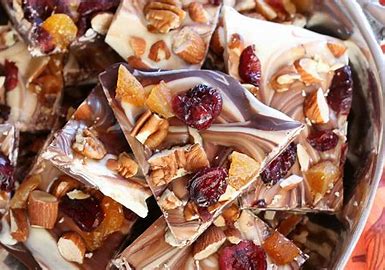It’s nearly the end of the year, and given the year we’ve
had, many of us may be thinking about new healthy habits that we want to
cultivate in 2021.
Maybe 2021 will be the year when you stress less, show more gratitude,
save more money, cook healthy foods, exercise daily, or spend more time with
friends and family.
While we start off very enthusiastically, it’s easy for new
resolutions to fall by the wayside. Positive behaviour change isn’t easy, nor
is it quick. British researchers found that it took an average of 66 days for a
new task to become automatic.
We tend to blame ourselves and our lack of willpower when a
new healthy habit fails to stick. This is an easy mistake to make, says B J Fogg,
director of Stanford’s Behaviour Design Lab, in his book Tiny Habits. “When
it comes to changing our behaviours, the problem is that motivation and
willpower are shape-shifters by nature, which makes them unreliable,” he says.
“For example, your motivation for self-improvement vanishes
when you’re tired, and your willpower decreases from morning to evening.”
Instead of relying on willpower and motivation, here are a
few tips to help cement any new habit into your daily routine.
1. Don’t be overly ambitious. Prioritise your goals and
focus on one behaviour. Willpower is a finite resource and if you spread it too
thin you risk not achieving any of your new healthy goals.
2. Tie your new habit to an existing one. For most of us,
the morning routine is the strongest in the day and so is a great place to introduce
a new habit that you can build on over time. Add a one-minute mediation practice
to your morning coffee, for example, or do five squats while you wait for the
kettle to boil.
3. Make change small, and doable. Making a large behaviour change
needs equally large amounts of motivation that you’re unlikely to sustain, says
Fogg. Starting with a tiny habit can make the new habit easier, even when you’re
short on willpower. A daily short walk, for example, can be the start of your
exercise habit, or putting an apple or small bag of nuts and dried fruit in your
bag can be the start of better eating habits. While tiny habits can feel
insignificant at first, you can gradually ramp up to bigger challenges and faster
progress.

4. Make it easy. Clear the obstacles that stand in the way
of your new habit. Wendy Wood, a research psychology professor at the
University of South California, calls such obstacles ‘friction’. She describes
how to reduce friction when she began to sleep in her running clothes, making
it easier to roll out of bed in the morning, and go for a run.

Ways to start out small
Here are some examples of tiny habits from author B J Fogg:
- After I brush my teeth, I will floss one tooth.
- After I walk into the kitchen, I will drink a glass of
water.
- After I pour my morning coffee, I will open my journal.
- After I sit down on the train, I will mediate for three breaths.
- After I put my head on the pillow, I will think of one good
thing from my day.